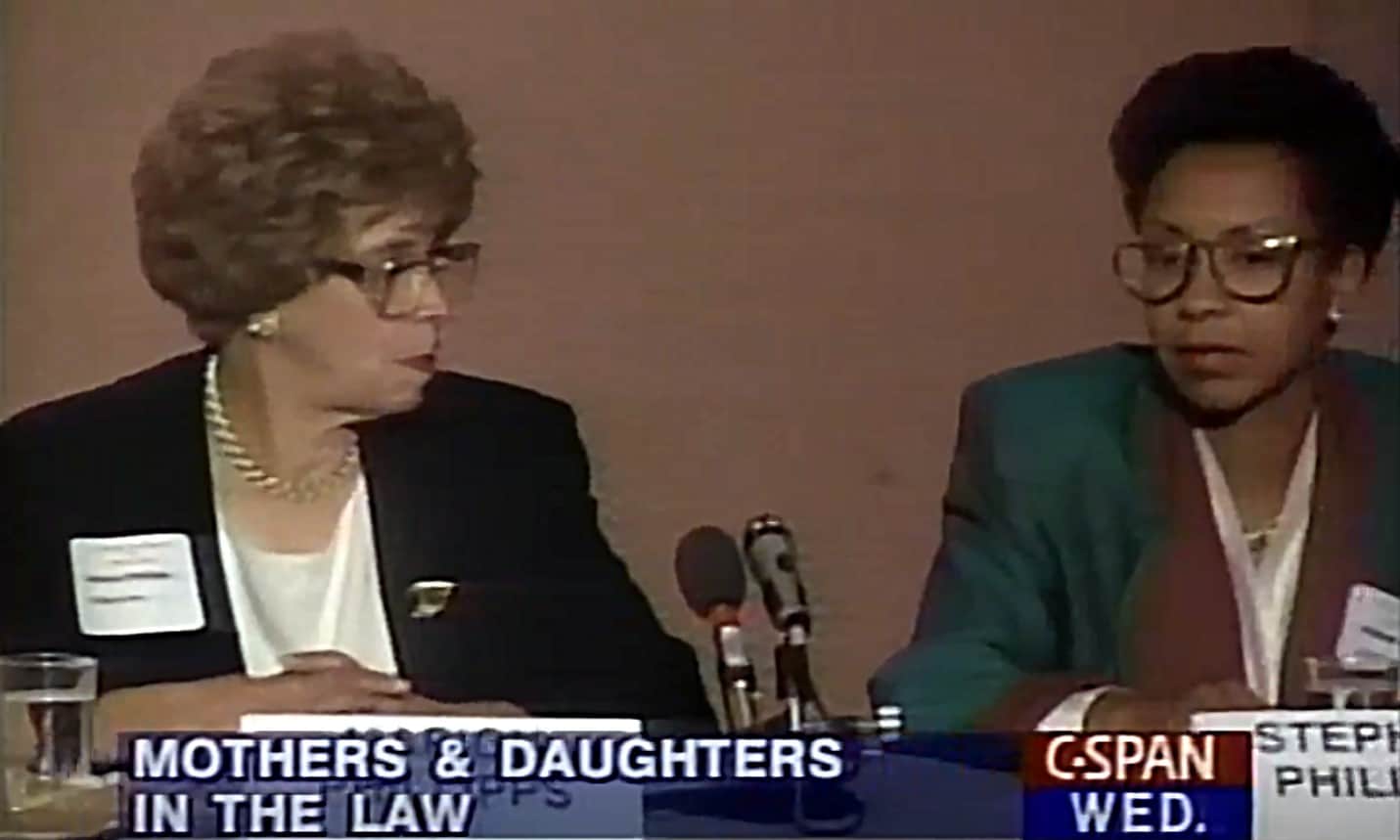 Roger W. Ferguson Jr. is President and CEO of Teachers Insurance and Annuities Association and the College Retirement Equities Fund (TIAA). TIAA is the leading retirement provider for people who work in academic, medical, governmental, research and cultural fields.
Roger W. Ferguson Jr. is President and CEO of Teachers Insurance and Annuities Association and the College Retirement Equities Fund (TIAA). TIAA is the leading retirement provider for people who work in academic, medical, governmental, research and cultural fields.
As parents, we all want the best for our children. But while we rightly focus on things like school, music lessons, and sports, there’s one area we often overlook: our kids’ financial education. Teaching your kids to be financially savvy is a gift – and it’s one that will keep on giving throughout the course of their lives. By engaging in regular, constructive conversations about money matters, you can put your children on the path to success. The earlier you start, the better.
At TIAA, we are a financial services organization that is passionate about helping people boost their financial knowledge at every stage of life. We know, because it’s been shown in research, that having a strong foundation of financial knowledge clearly helps people achieve financial well-being. That’s why we are deeply committed to raising our nation’s level of what’s known as “financial literacy” so that people can make informed and effective decisions about money matters. We believe there’s no better time to build that knowledge than during childhood.
I recommend taking these steps.
Teach your kids to save, save, save.
The old adage, “save for a rainy day,” is worth repeating. Open a savings account with your child. Most banks require only a small minimum balance to establish children’s accounts. Then talk with your kids about the interest they’ll earn from their savings, and encourage them to continue building their savings by regularly adding a portion of their own money from allowances, their earnings from pet sitting or other jobs, and gifts.
Encourage goal-setting.
Kids generally like to talk about what they want. Setting financial goals, such as purchasing a toy, or reaching a dollar amount, can motivate your kids to save.
Explain the power of earning.
Children often think their parents are money machines. To teach them how to earn money, consider giving allowances as a reward for completed chores, great grades or good deeds. As you hand them the money, explain that once it’s gone, you won’t replace it.
For older kids, starting a business, such as pet sitting or lawn care, can also offer valuable hands-on lessons about earning.
Teach money management.
Make sure that your elementary school-age kids learn the value of various coins and bills. They should know how to pay for purchases and make change.
Take your children shopping with you and show them how to compare prices and quality, and to apply discounts and coupons to save money. Point out to them how taxes are added to the cost of goods, and take the opportunity to explain what taxes are and what they are used for. If you use a credit card, discuss how to use it responsibly.
Help them create a budget.
A budget can help kids learn to prioritize needs over wants. Using an electronic spreadsheet or piece of paper, help your children develop a budget by recording their monthly earnings and spending. Then show them how to project the amount they’ll earn in the next few months and plan for what they will likely spend it on.
Take the mystery out of investing.
The earlier you teach your kids about investing, chances are the more adept they’ll be at saving for the long-term. If you don’t know much about investing yourself, then do research together, or schedule a meeting with a financial advisor and take your child along.
You and your child can also research possible investments together. Ask your children what kinds of businesses sound interesting to them, and then do research to see if those businesses might make good investments. If possible, buy a few shares of stock and get your child to join you in watching what happens.
Although retirement is a long way off, encourage older children to establish an IRA (Individual Retirement Account) with their earnings and your help. Imagine how much they would have in retirement if they started saving as teenagers!
Like I said, we all want the best for our kids. Helping them understand the basics of financial matters can go a long way toward making sure they have a bright future.
The material is for informational purposes only and should not be regarded as a recommendation or an offer to buy or sell any product or service to which this information may relate. Certain products and services may not be available to all entities or persons.
TIAA Individual & Institutional Services, LLC, and Teachers Personal Investors Services, Inc., members FINRA, distribute securities products. Teachers Insurance and Annuity Association-College Retirement Equities Fund, 730 Third Avenue New York, NY. 10017







Share your thoughts